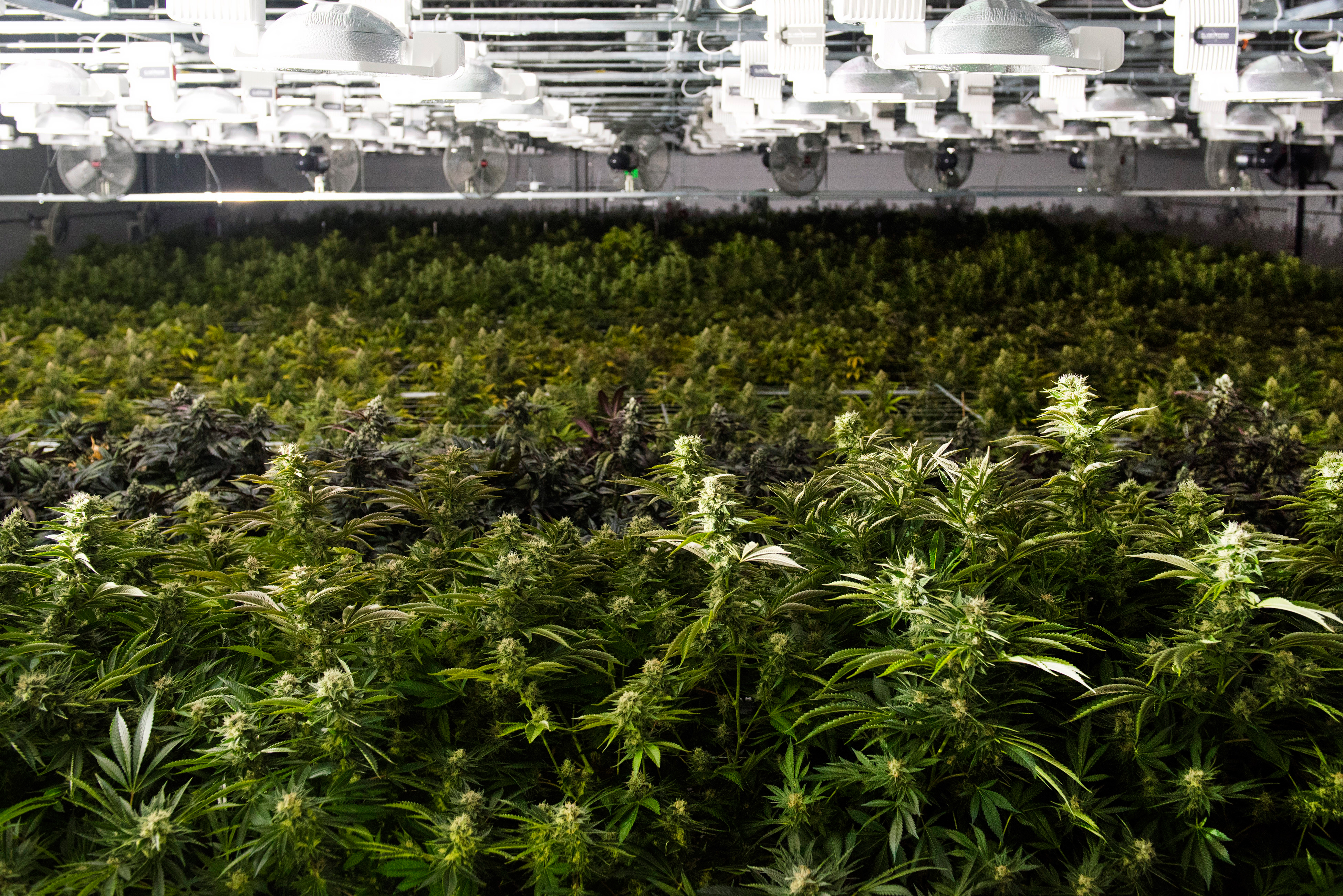
Dozens of unlicensed medical marijuana dispensaries that were forced to close at the beginning of the year by Michigan regulators have received permission to reopen due to a shortage of legal cannabis in the state. The Michigan Medical Marijuana Licensing Board voted 4-0 on Wednesday to allow those provisioning centers, as they are officially known, that are in the process of applying for a license from the state to resume operations until March 31.
On January 1, state officials closed 72 unlicensed dispensaries across the state and placed restrictions on medical marijuana caregivers supplying product to the industry. The actions have caused product shortages and a spike in cannabis prices at licensed dispensaries. Gov. Gretchen Whitmer called on the board to address the shortages in a press release on Tuesday.
“We have heard from Michiganders closely affected by the ongoing transition to licensed marijuana facilities,” Whitmer said. “It is important that we ensure that patients have access to their medicine while the medical marijuana industry continues to develop.”
Robin Schneider, the executive director of the Michigan Cannabis Industry Association, said on Tuesday that his group was working with the government to find a solution to the shortage.
“With almost no access left to medicine for patients and empty shelves in our member’s facilities, solutions need to be put in place immediately that allow patients to obtain their medicine,” said Schneider. “We look forward to working with state regulators and Governor Whitmer’s administration to ensure a successful medical marijuana program and to develop long term strategies that will improve and expedite the business licensing process moving forward.”
Board Members Explain Vote
After Wednesday’s vote allowing dispensaries to reopen, board member Vivian Pickard said that the board wanted to ensure that medical marijuana patients have access to cannabis.
“I think this resolution takes this back to the intent of the law — and that is to get medicine to the people who need it,” said Pickard.
Board chairman Rick Johnson agreed that access was important and expressed hope that licensed operators would be able to adequately supply the cannabis market by the time the temporary measure expires.
“We’re going to take care of patients and on the 31 of March I’m hopeful you all will be in the position to be in that process,” Johnson said.
But Don Bailey, another board member, said he feared that continuing to allow unlicensed cannabis stores to operate is enabling the black market.
“What we’ve done with these temporary operations for the past year and a half—we’ve expanded the black market. It’s an unintended consequence, but that’s exactly what’s happened,” Bailey said. “For the black market we’ve contributed to—if we think that’s going to contract after April 1, it’s not.”















